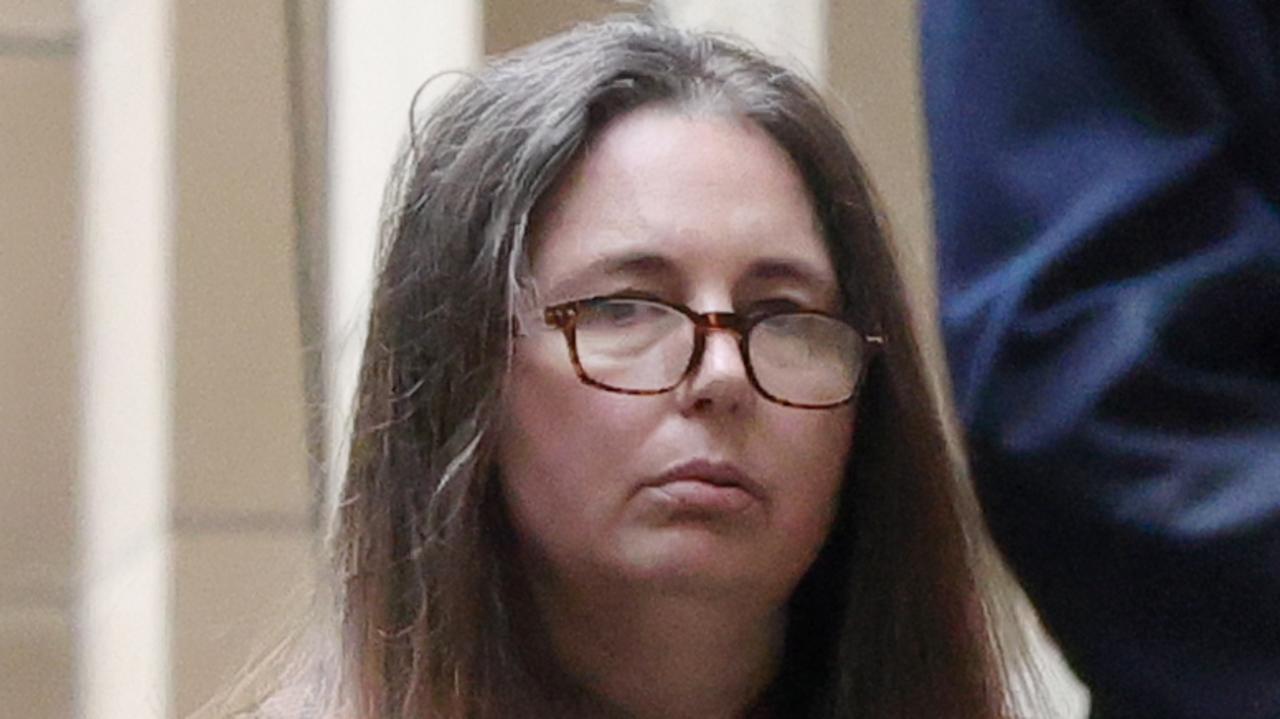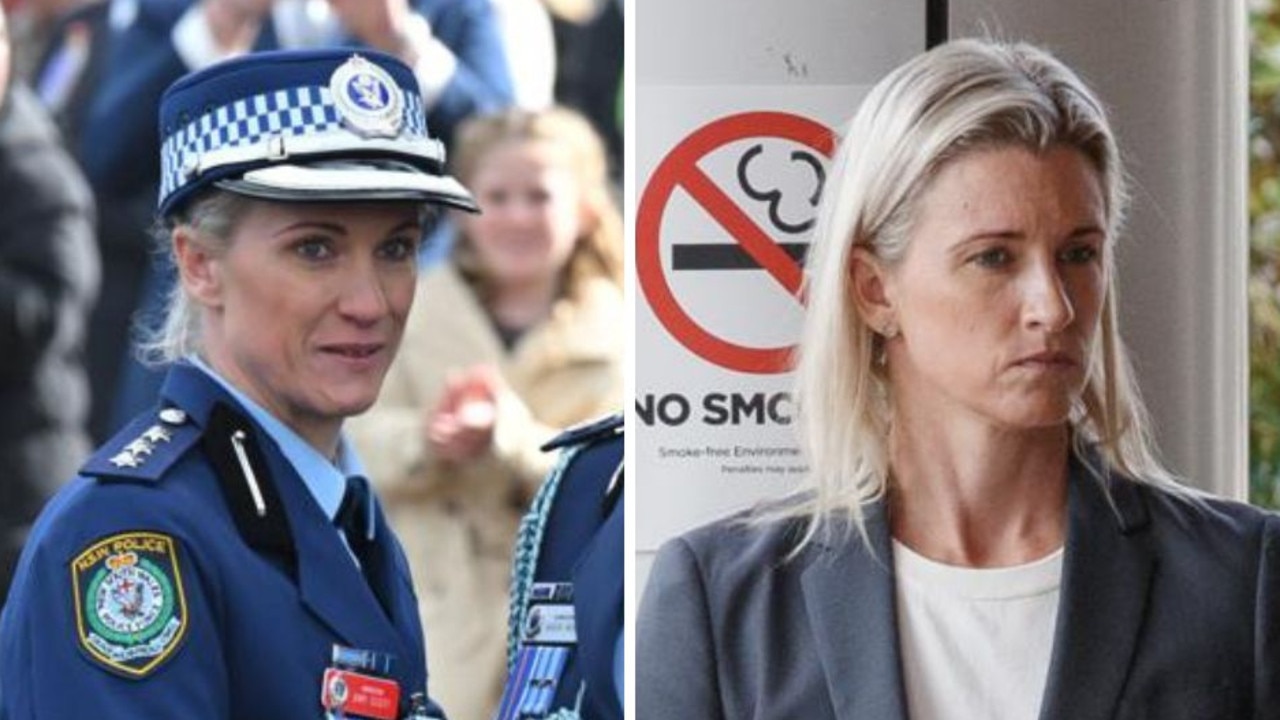Austria's newest citizens reclaim birthright stolen by the Nazis
Even if they rarely speak German and some have never set foot on Austrian soil, nearly 76 years after the Holocaust, descendants of those forced out of Austria by the Nazis are reclaiming the nationality stolen from their ancestors.

Even if they rarely speak German and some have never set foot on Austrian soil, nearly 76 years after the Holocaust, descendants of those forced out of Austria by the Nazis are reclaiming the nationality stolen from their ancestors.
"It was very important for me," says 17-year-old American high school student Maya Hofstetter, who wants to piece together the fragments of her great-grandmother's painful history.
The motivations of the applicants -- whose relatives were all Jewish although the law does not concern only Jewish victims -- vary.
- Forced exile -
The forced exile of Maya Hofstetter's great-grandmother Stella Rinde Coburn began in August 1939, the year after Austria's annexation by Adolf Hitler's Third Reich.
"He didn't want to leave Austria. It wasn't his decision," says the 46-year-old sales director for Israel's national carrier, El Al.
Only after World War II did Otto learn that his family had died in the Nazi camps.
More than 65,000 of them were killed in the Holocaust, with the vast majority of the rest having to flee to survive, settling in locations as far flung as Shanghai and Buenos Aires.
Haas, now 63, practises that most Viennese of professions: he is a psychoanalyst.
Rohrlich's grandfather escaped before the outbreak of the war and got into Harvard in 1946, four years after his parents died in a concentration camp.
"Anytime we asked him about it, we would usually get a one-sentence answer," he says.
Many of those who had to leave were not keen on talking about the experience.
For their descendants, becoming Austrian citizens is often a way of reconnecting with their forebears.
Gershon speaks of "a very emotional journey".
Despite her tender age, Hofstetter is well aware that "the past really does affect the present" and believes that learning about her family's experiences can help her become a "good person".
"I'm glad my grandparents were not here to see America in the last four or five years. They would have been very upset," she says.
"I feel European, not only British and I was extremely upset when the UK decided to leave the EU," he says, adding that the move was taken "for all the wrong reasons".
The next step for some of the new Austrian citizens is to visit the Alpine country of 8.9 million people.
Hofstetter says she would even "love to live in Austria, to study there."
Rohrlich dreams of finding his grandfather's old apartment.
"There was also an ice skating rink he was very fond of. I don't know if that's still around."
Some wonder what their ancestors would make of their decision.
Haas, on the other hand, recognises that his father would have had "mixed feelings".
"But he could not forgive Austria because they took his life away."
"I think she would think we are betraying her... Or maybe not betraying her but siding with the people who kicked her out."
It is estimated that hundreds of thousands of descendants of refugees could be eligible for Austrian citizenship.
Until now, it has not been possible for them to apply, says Hannah Lessing, the secretary general of Austria's National Fund for victims of the Nazi era.
"Nothing can take away the pain. The only thing we can do is to ask forgiveness. I am moved to see that this gesture of reconciliation has largely been accepted," he said.
It is as if after three generations Austria is acknowledging the violence of its history.
Austrian historian Oliver Rathkolb calls the move on citizenship "an important signal" which shows that society "is taking the consequences of the Holocaust seriously" over the long term.
It was only after a storm of controversy over the Wehrmacht past of presidential candidate Kurt Waldheim in the 1980s that a more critical appraisal of Austrians' role in the Nazi period gained ground.
After a long period in which the FPOe rejected the notion of Austrian complicity in Nazi crimes, the party has in recent years become more amenable to attempts at restitution as part of broader efforts to clean up its image.
"He was repeating: 'You are the son of an Argentinian', he told me that three times".
Hannah Lessing is at pains to point out that among Austrians today "that awareness of what was lost is there" and that descendants are welcome to "come back when they want".
- Freud, Loden and Knoedel -
Hints of the "world of yesterday" described by Zweig in his famous memoir are to be found in the Viennese touches to Anderson's home in the eastern English town of King's Lynn.
Anderson, 77, is descended from the elite of the Austro-Hungarian Empire: his grandfather ran a big oil company before fleeing to London with his family.
He along with others was responsible for the construction of the spectacular Queen Elizabeth II Great Court, designed by Norman Foster and opened by the Queen in 2000.
Haas has a traditional "Loden" jacket he bought on his first visit to Vienna.
Now he makes them for his children in what he describes as "a little tribute to my grandfather's memory".
"I said 'yes' and he said: 'Well, then you will never understand Freud!'"
"I was Austrian, the only thing is that now, they recognise it," he says.
...


